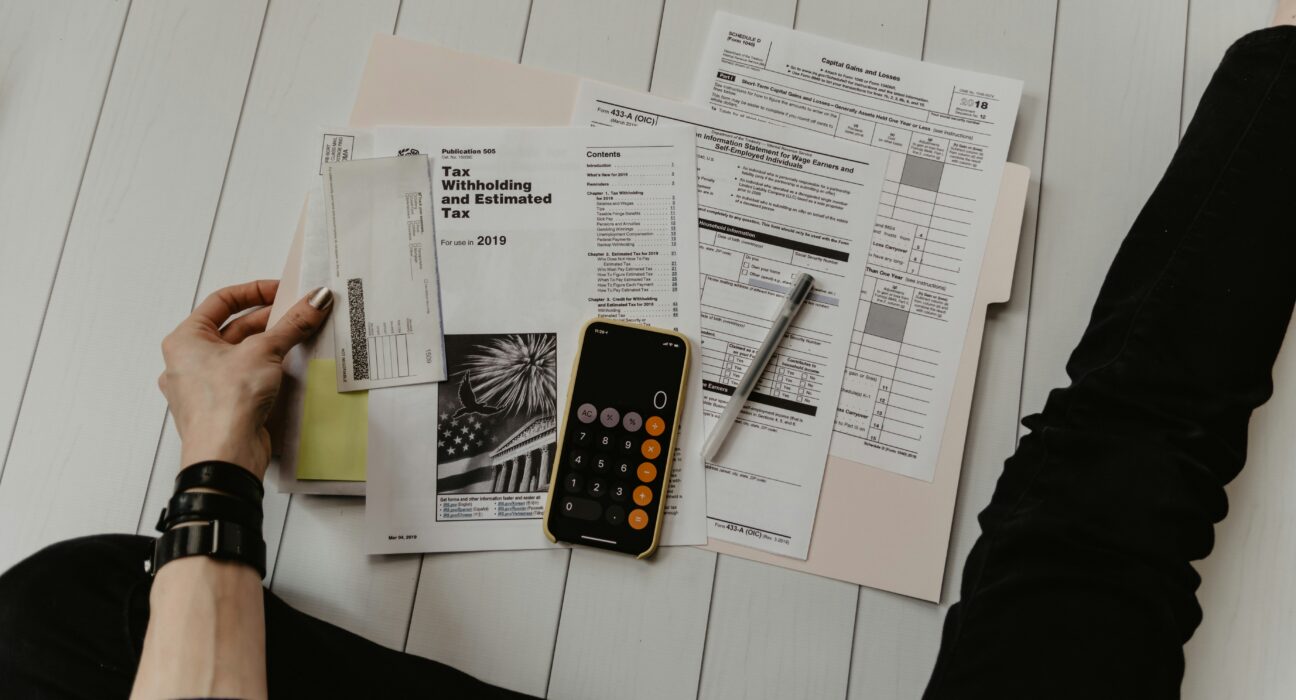When you hear the word “budget,” do your eyes glaze over? Don’t worry — you’re not alone. But one budgeting method continues to stand the test of time, and in 2025, it’s more relevant than ever: zero-based budgeting.
This isn’t about cutting out coffee or living off instant noodles. It’s about being intentional with every single dollar you earn — and making your money actually work for you.
What is Zero-Based Budgeting?
Zero-based budgeting (ZBB) is simple in theory: your income minus expenses equals zero. That doesn’t mean you have no money left — it means every dollar has a job.
You assign your income across categories like:
Rent or mortgage
Utilities
Food
Savings
Debt payments
Entertainment
At the end of the month, your “leftover” should be $0 — because you’ve planned exactly where every dollar goes.
If you’re just starting out with budgeting, check out our post: 5 Budgeting Mistakes That Are Keeping You Broke — and How to Fix Them
Why Zero-Based Budgeting Still Works in 2025
1. You Know Exactly Where Your Money Is Going
No more end-of-month panic wondering where your paycheck disappeared. With ZBB, everything is assigned up front.
2. It Encourages Goal-Setting
Because you assign money to categories like savings or debt, it’s easier to reach your financial goals.
3. It Works With Variable Income
Freelancers, creators, and gig workers love it because you can adjust the budget monthly based on what you earn.
Tools to Help You Start
Zero-based budgeting isn’t just for spreadsheets anymore. Try:
You Need A Budget (YNAB) – designed around ZBB
EveryDollar – beginner-friendly and zero-based
Tiller – spreadsheet automation for Google Sheets or Excel
📌 Read more about tools in our post Best Budgeting Tools for Freelancers and Creators in 2025
Real-Life Example
Let’s say you bring in $3,000/month. Here’s what your zero-based budget might look like:
Rent: $1,000
Food: $400
Utilities: $200
Savings: $400
Debt repayment: $500
Entertainment: $200
Miscellaneous: $300
Total: $3,000 → You’re at zero — and fully in control.
Advanced Tip: Roll With the Punches
Zero-based budgeting doesn’t mean you’re locked into a rigid plan. Life happens. The trick is to reassign dollars from one category to another instead of spending blindly.
Final Thoughts
Zero-based budgeting in 2025 isn’t about restriction. It’s about empowering yourself to tell your money where to go, instead of wondering where it went.
If you’re tired of feeling like your bank account is one big mystery — this might just be the solution.





